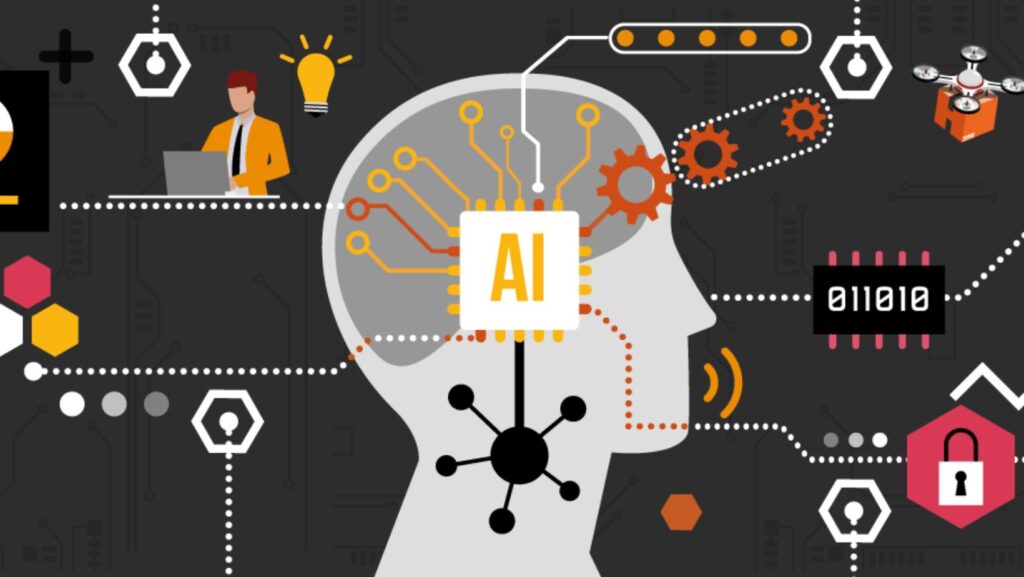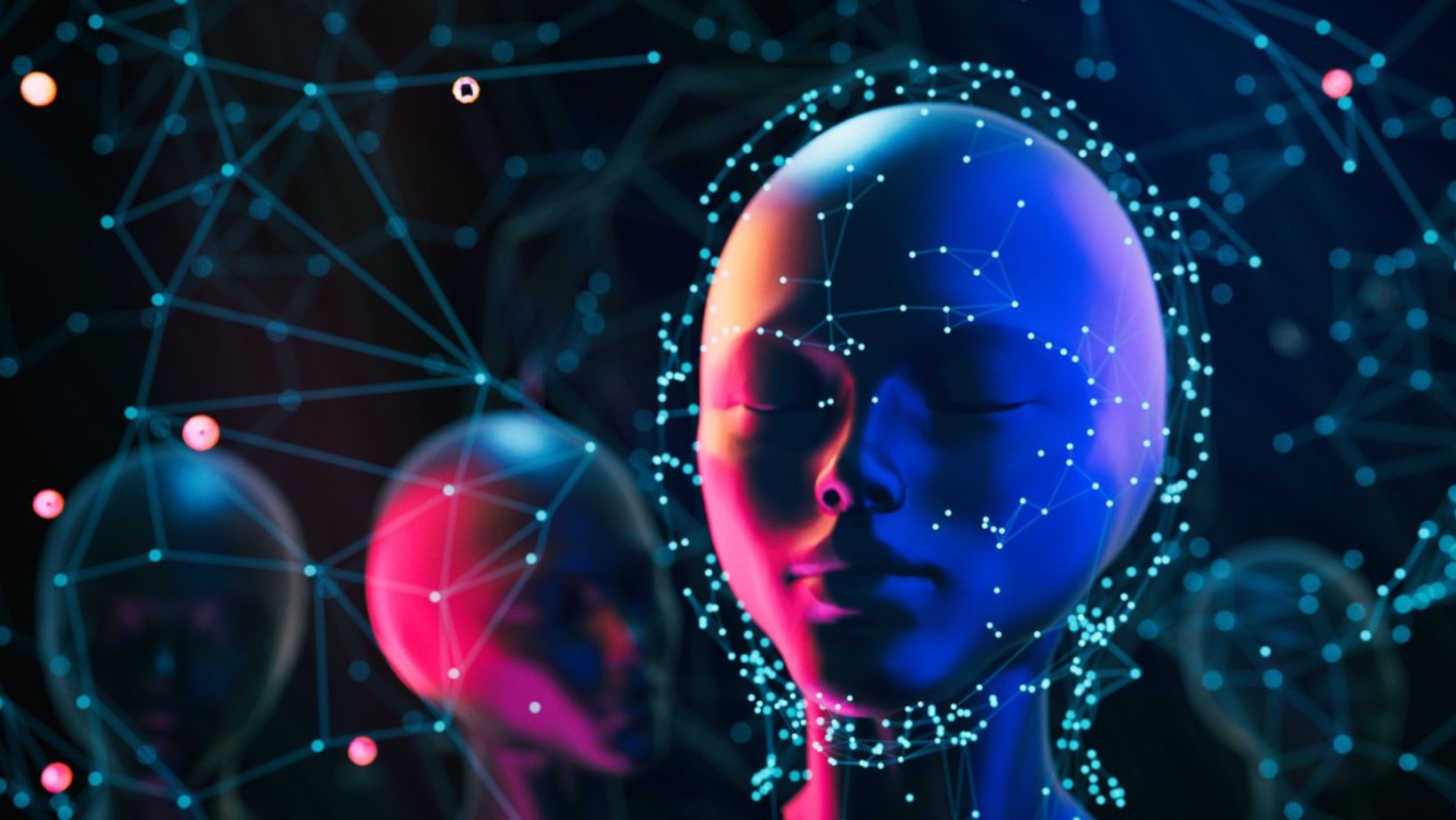
Artificial Intelligence (AI) is at the forefront of technological innovation, and Europe is carving its own path in shaping the future direction of AI development. Although the United States and China have been the dominant players in the field traditionally, Europe has been at the forefront of ethical AI, policy regulation, and innovative research. The European approach prioritizes responsible AI development, with human-centric applications, transparency, and sustainability at the center. As AI permeates all sectors, Europe’s unique strategy offers a stark contrast to other global players.
The Role of Regulation in AI Growth
Maybe most typical of Europe’s AI advancement is its dense regulatory focus. The European Union (EU) has led the way in establishing legal and ethical norms to guide AI deployment. The forthcoming AI Act, which categorizes AI systems according to risk levels, is to be the world’s first comprehensive AI regulation. Unlike other regions that focus on rapid AI adoption with minimal regulation, Europe’s regulatory strategy attempts to weigh the risks against innovation.
The AI Act will ensure AI systems are fair, accountable, and transparent. There will be stringent requirements for high-risk uses of AI, such as their application in healthcare, transport, and law enforcement, but there will be more flexibility for less risky uses. By setting up such standards, Europe is leading the world on how to regulate AI responsibly, influencing AI development and use globally.
Ethical AI: A Core European Value
Europe’s emphasis on accountable AI development makes it stand out from other world AI centers. The EU’s AI strategy centers on human dignity, fairness, and privacy to make sure that AI technologies serve society and not exploit it. European institutions and companies are committed in earnest to building AI systems according to democratic values and human rights.
The General Data Protection Regulation (GDPR) has already established a precedent for privacy and data protection, serving as an example to the rest of the world in the regulation of AI. The majority of European AI projects integrate privacy-by-design principles, which ensure user data is protected. As AI continues to evolve, Europe’s ethical strategy may become the standard for other regions of the world that seek to innovate responsibly.
AI and the European Economy
AI is transforming Europe’s economy at a rapid rate, with industries such as healthcare, manufacturing, and finance embracing AI-powered solutions. Billions of euros have been spent by the EU on AI research and innovation under programs like Horizon Europe to bolster Europe’s comparative advantage in AI development. Germany, France, and the Netherlands have top tech hubs in Europe that house top AI startups and research institutions driving innovations in machine learning, natural language processing, and robotics.
The AI-powered digital transformation is changing the workplace as well. While some of the old jobs are being taken away by automation, new opportunities are being created in AI engineering, data science, and cybersecurity. European governments are investing in reskilling programs to enable the workforce to be prepared for these shifts, building a future where AI augments human capabilities rather than replacing them.
The Rise of AI Startups and Innovation Hubs
European AI startups are thriving with the help of robust government support, venture capital, and research foundations. London, Berlin, and Paris have become leading AI innovation hubs, attracting talent and investment to these locations. Unlike the Silicon Valley model of focusing on quick growth, European AI startups take the sustainable model with a focus on long-term impact and social responsibility.
The collaboration between AI startups, universities, and large corporations has driven Europe’s AI ecosystem. Public-private partnerships are leading innovation in strategic areas such as healthcare, climate tech, and cybersecurity. AI-driven initiatives in drug discovery, personalized medicine, and renewable energy are positioning Europe as a global leader in socially responsible AI solutions.
AI’s Role in Sustainability and Climate Action
Europe’s drive towards sustainability carries over to its handling of AI. AI is also employed in solving environmental issues, from optimizing the use of energy to monitoring climate change. The EU Green Deal emphasizes the role that AI must play to achieve carbon neutrality, with the promotion of AI solutions that introduce efficiency and reduce environmental impact.
Predictive analytics powered by AI are helping industries reduce waste, optimize supply chains, and make energy usage more efficient. Smart grids, AI-based climate modeling, and precision farming are some examples of AI applications in sustainability efforts. By aligning the development of AI with environmental goals, Europe is demonstrating that technological advancement and environmental protection can go hand-in-hand.
The Future of AI in Europe
The European AI landscape is changing rapidly, and new trends in generative AI, edge computing, and human collaboration are emerging. AI-powered automation is transforming industries, but Europe’s top priority is making sure that AI has a positive effect on society as a whole.
With continued investment in AI research, education, and innovation, Europe is poised to be a major contributor to the global competition for AI. The combination of best practices in ethical AI, regulatory expertise, and cutting-edge research is forging an AI future in which AI serves human society better. Following in the footsteps of AI developments in the future is unavoidable. For more insights into the rapidly changing AI industry, check out the latest AI tech news.
Europe’s approach to AI may not be the fastest, but it is proving to be one of the most thoughtful and sustainable. By balancing innovation with responsibility, Europe is setting a precedent for the rest of the world, ensuring that AI remains a force for good in the years to come.
Europe’s Influence on Global AI Standards
As AI becomes more integrated into daily life, Europe’s voice on global AI standards is growing stronger. European policymakers are actively engaged in negotiating with global institutions to make sure the course of AI regulation in the future is shaped. Prioritizing ethical issues, data protection, and human rights, Europe is setting an example for other nations to follow.
The European AI environment is also attracting international collaboration. Scholars and tech firms around the world are working together with European establishments to develop AI products in accordance with moral standards. This collective effort means that AI development is responsible, diverse, and inclusive around the world.







